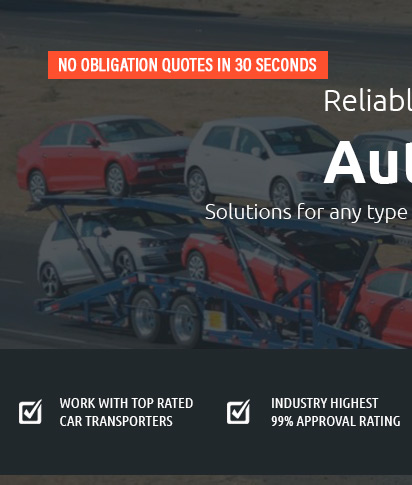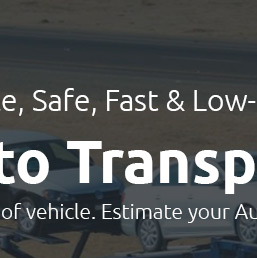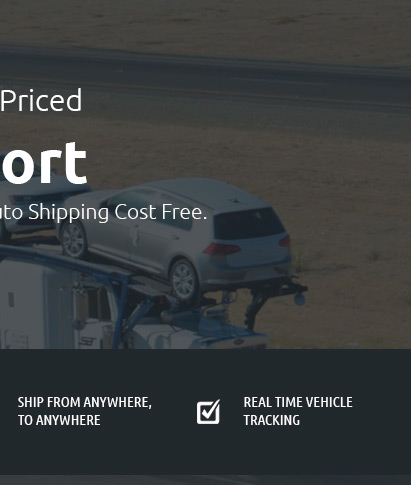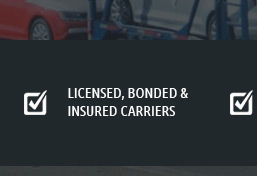 |
|||||
 |
 |
 |
 |
 |
|||||
 |
 |
 |
 |
 |
 |
 |
||
 |
 |
 |
 |
 |
 |
 |
 |
 |
 |
|
|
Experience the ultimate peace of mind with our unparalleled auto shipping service, where every vehicle-from luxury cars to motorcycles-is treated like royalty, nestled securely in our state-of-the-art enclosed vehicle transport that shields against the elements, guarantees pristine delivery, and sets a new standard in vehicle transport, ensuring that your prized possession arrives in the exact condition it left, because when it comes to moving what moves you, we don't just promise excellence, we deliver it.
https://acertusdelivers.com/enclosed-car-shipping/
Enclosed auto transport follows the same timetable as open car shipping, but there is a chance you'll receive your car faster. As it's a higher end service, not ... https://shipacardirect.com/what-is-single-car-enclosed-transport/?srsltid=AfmBOopR67mxiKL_rh5FYHHN-Abj95DSkhB5F3EfakaoBlQFyDYL6Ju9
A single car enclosed trailer or covered single car transporter holds and transports only one car at a time. https://intercitylines.com/
Intercity Lines is an enclosed car carrier proudly offering first-rate nationwide enclosed auto transport services since 1980. We are a family business that ...
|